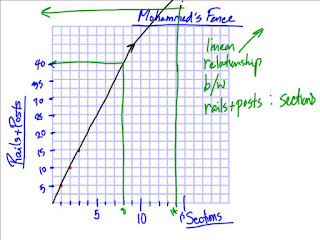Science
Lab 5: Solutes vs Solvents Pg.41 Try This
Context:
·
A solute is the smaller part of a solution.
·
A solvent is the larger part of a solution.
·
A solvent (i.e. water) dissolves a solute
(i.e. salt) forming a solution – in this case, brine.
·
Water is the ultimate solvent since it’s able
to dissolve, dilute and absorb a variety of substances, including contaminants.
·
Air also has the capability of absorbing and
carrying contaminants like car and industrial emissions.
Purpose:
This experiment will compare
how sugar (solute) dissolves in 3 different liquids (solvents) namely: water,
rubbing alcohol, and oil.
Hypothesis:
If I stir sugar in a glass
of water, then I think… because…
If I stir sugar in a glass
of rubbing alcohol, then I think… because…
If I stir sugar in a glass
of oil, then I think… because…
Observations:
Procedure
|
What
I see happening
|
Time
elapsed
|
Sugar
stirred in water
|
||
Sugar
stirred in rubbing alcohol
|
||
Sugar
stirred in oil
|
Analysis:
The sugar particles were strongly
attracted/repelled by the water particles.
The sugar particles were
strongly attracted/repelled by the rubbing alcohol particles.
The sugar particles were
strongly attracted/repelled by the oil particles.
Conclusion:
What did you learn about the
solubility of solutes in solvents?
Math: Linear Relationships






